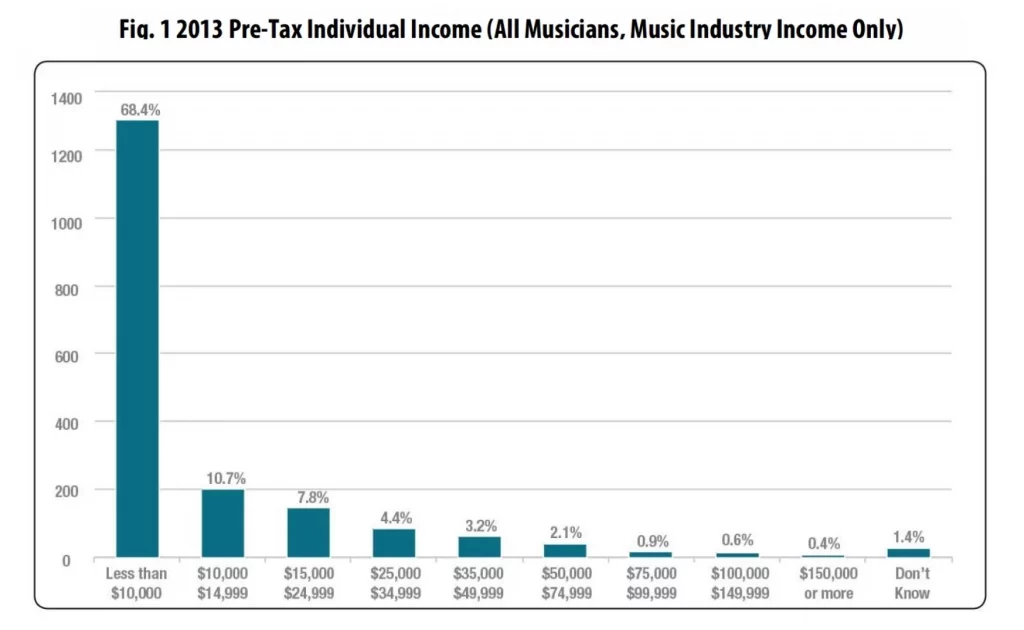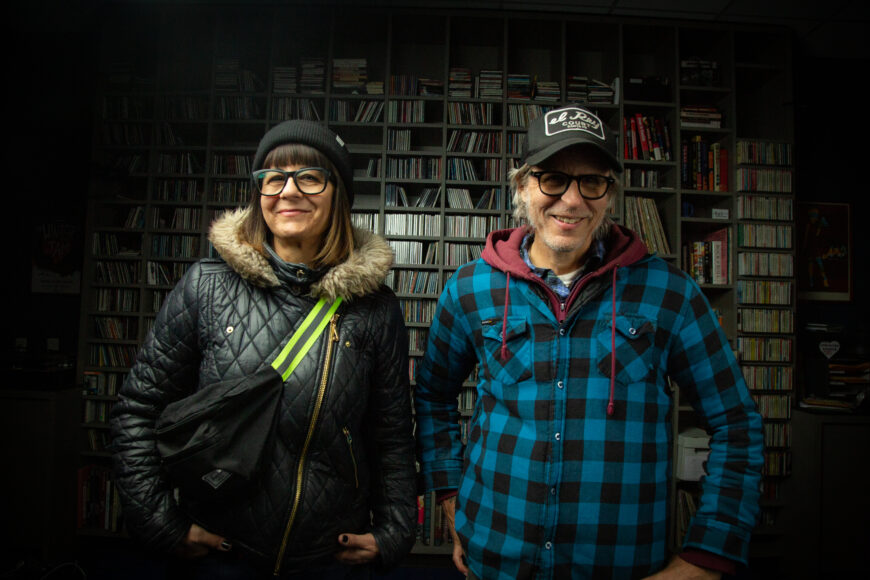The deadline for the new Austin Music Census is September 9th
By Jeff McCord
Back in 2015, the city conducted its first music census. Its results were not surprising to those attempting to work as music professionals in the city. 75% of them fell below the average wage in Austin at the time, with ⅕ of Austin musicians living below the Federal poverty line. Given what has happened to real estate values and rents in the past couple of years, it’s easy to assume that these figures have not improved.

Yet this 2015 data is still used as motivation for music nonprofits’ fundraising and as justification for musician relief when actual needs are likely more significant. It’s beyond understatement to say that much has changed since 2015; clearly, new information is needed.
To that end, a new Greater Austin Music Census is now open (only through the extended deadline of September 9th) for all musicians and music-related professionals in Austin and surrounding areas (covering Bastrop, Caldwell, Hays, Travis, and Williamson counties). The information gathered will be vital for music nonprofits and entities like the city’s Austin Economic Development Corporation, whose glacial pace in distributing hotel occupancy taxes and other funds has been a source of aggravation.
This time out, the census is managed by Sound Music Cities, a company launched by former Austin Music & Entertainment Manager Don Pitts. The census has a broad coalition of partners and supporters, including this radio station, Mayor Adler, and everyone from HAAM to the Recording Academy, all of them hopeful the data provided will make Austin a better place for music professionals. That is, if the data is actually provided.
One of the census partners is the nonprofit EQ Austin, who seeks prosperity for the music sector through diversity and inclusion. Board member Tomar Williams, front person of Tomar and the FC’s, is hopeful everyone in the music arena will overcome any inertia or cynicism they might harbor and take part.

“Just a short comment in your personal survey, it may raise a question in someone’s mind, so it’s important that your voice is heard. It’s our position to make sure we sign up as many people as we can to get the survey taken by important people and people that never thought that they would be important. Now they are, because the survey actually includes everyone that’s involved in any facet of the music right now in central Texas. This survey is greatly needed to show your side or hear your opinion.”
The census is completely anonymous and takes about fifteen minutes to complete. It includes open-ended questions to ensure topics not broached in multiple-choice questions can be addressed. It also includes sliders for questions like, “Is the Austin music scene friendly or hostile? Inclusive or racist?” Big, thought-provoking topics.
Williams moved to Austin at age 15 (from Las Vegas by way of Phoenix) as part of an already-established family band. They found the Austin scene welcoming and accepting. But he knows this is not the case for everyone.
“I can’t only look at my experience,” he explains. “I have to look at every other musician that I was raised with in this city and hear their gripes, understand that not everyone had that chance to step in and actually be counted, you know? There are a lot of musicians I’ve seen in this city that don’t feel like they are counted or thought of or even, considered. I hear that from musicians of color, you know, and so their voices need to be heard and why they actually feel this way, because not everyone sees the same thing the same way. There are some musicians or even venue owners or promoters that actually feel that they’ve been overlooked when it comes to certain things that are handed out equally. So that’s why those questions are actually on the survey.”
In Central Texas, the music scene covers a lot of ground. In terms of full inclusion, it would have been beneficial to provide a Spanish version of the census form. (Instead, on the site FAQ’s, Spanish-speaking residents are directed to contact info@soundmusiccities.com with questions).
Yet Williams is clearly passionate about the census and its capacity for meaningful change.
“We have some pretty good numbers, so far, so we’re pretty excited about it. I’ve seen a lot of change. A lot of people have moved here, moved their businesses here. I’ve seen the change. There’s some great things that this city actually has to offer. My band, the FC’s, was nominated for a grant through Black Fret and we got a $20,000 grant. Thinking back to 1995, those things weren’t available to certain bands here in the city. Those sorts of organizations didn’t exist. And so the city actually has changed a lot, through nonprofit organizations like that that are actually looking out for musicians. It just takes that one person to sit in that room by yourself, you know, and think of something. How could you make a change? That very first thought is the movement. It starts with us and it starts with you.”




